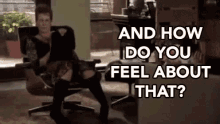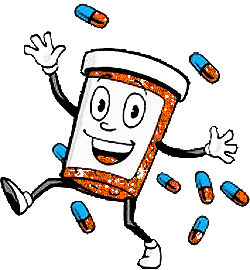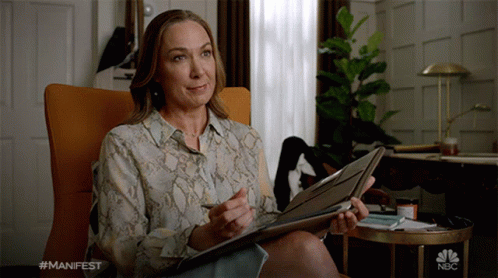Depression and Empathy Fatigue
(Or, the Unfortunate Necessity of Psychiatrists)
I’ve never liked my psychiatrists. Because I’ve moved around a bit, I’ve had several, each impersonal and well-practiced in faking empathy (though not necessarily well).

For clarification for those who need it, there’s a difference between therapists and psychiatrists. Therapists have a counseling degree, and can help you with traditional talk therapy. Psychiatrists have a counseling degree AND a medical degree, and thus have the ability to prescribe you medication to help manage your mood. Therapists cannot.
To be more clear, I have a therapist, who I’ve spent hours with confronting my treacherous emotional spaces, and crying regularly in front of, and have told some of my deepest, darkest secrets. And I also have a psychiatrists who I spend 15 minutes with every 3 months so that I can get drugs.

The drugs, antidepressants, help about as much as the therapy, but I still prefer unraveling my dark days with my therapist, who at least looks like she’s listening, and offers empathetic comments now and then.
If the lighthearted nature of this post didn’t make it clear, I generally go to psychiatry appointments to treat my depression, and in my experience they go something like this:
The first session, they ask you to list about every trauma you’ve ever been through. They don’t want details, just enough information to check a checkbox that you were abused/raped/neglected/hurt in “x” specific way. If you start crying during the list, they say “Gosh, that sounds awful. I’m sorry you went through that,” without looking up from their computer. Then they hand you a tissue box and ask you to list your next trauma.
After the list, they usually make some kind of treatment plan with you, explaining the difference between SSRIs and SNRIs and prescribing you a thing. They warn you that the medication may not kick in for a few months, then ask you to schedule a future appointment with the receptionist.
The first appointment is the longest, and after that, you schedule 30 minute appointments with them every three months, of which they will use about 15 minutes of as they ask you “Is the medication working?” and you say, “Yes.” And then schedule another appointment 3 months out, etc.
The basic exchange is you saying, “Yep. Still sad. Now make with the happy pills.”
The therapy my psychiatrists got a 2nd degree for, in my experience, is minimally practiced.
For the record, I don’t want to shit on psychiatrists. I, like many other people, need these folks around to get the medical-OK to live a mentally, chemically-balanced life. Their work is good work, and they helps lots of people.
However. What is hard for me, as an emotional mush pile of a person who still feels bad for the bug I accidentally stepped on a decade ago, is their seeming lack of empathy. I hate how much it feels like they don’t care as you tell them about the hard parts of your life, the scarring experiences you had. And then their response is a sage nod and the checking of a box on a piece of paperwork.

To be fair, there’s probably not much tragedy they haven’t heard. (Do I want my tragedy to feel special? Yes, of course, but that’s not the whole point I’m trying to make.) And I imagine after your 15th client of the day speaking of some terrible abuse or mental health issue that’s destroying their ability to feel happy, you build up an immunity to it, like doctors methodically studying the cycle of life playing out in front of them before they decide what, if any, tweaks they can make to it to help it along. When empathy fatigue sets in, psychiatrists put up their psychic armor and act professionally, not personably.
This is probably for the client and the psychiatrist’s benefit.
I would be lying if I said I didn’t understand empathy fatigue. And I’d also be lying if I said my depression didn’t exacerbate it.
As a highly sensitive person (see “snowflake”) there are days where it feels like I’m feeling everything all the time. Not just my feelings, but other people’s feelings too. Like, if someone else in the room is upset or annoyed, I feel that energy and am weighed down by it, even if that person hasn’t said anything. It’s like I’m a wash cloth, and feelings, both mine and those of people around me, are water that I soak up.

My depression on the other hand, is generally the absence of feeling. It numbs and suffocates, making existence seem pointless. Depression is my wash cloth being set out in the sun to dry for too long. I emerge from its effects depleted, stiff, bristly, unmoved and unmovable. I can no longer feel your feelings or my own.
As my Prozac prescription attests, I am not a fan of this numbness. I don’t want ALL the feelings, but I don’t want none of them either. I want to be able to respond appropriately when my friend tells me something upsetting or sad that happens to them. I want to be able to picture the emotional head space someone is in when they’re trying to describe something important to them. I want to treat that person with the respect I want when I am explaining something vulnerable.
I just want my psychiatrists to do the same.